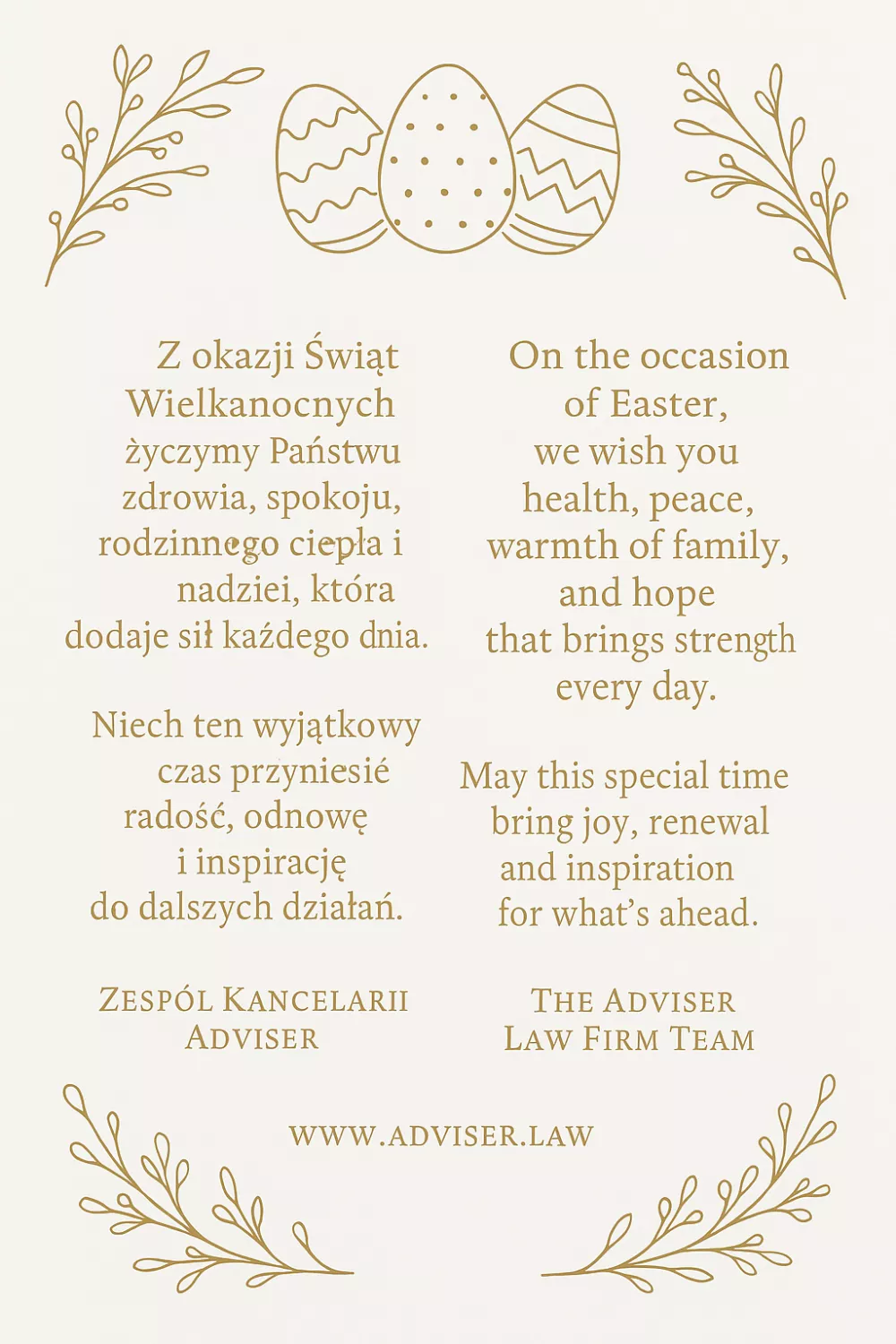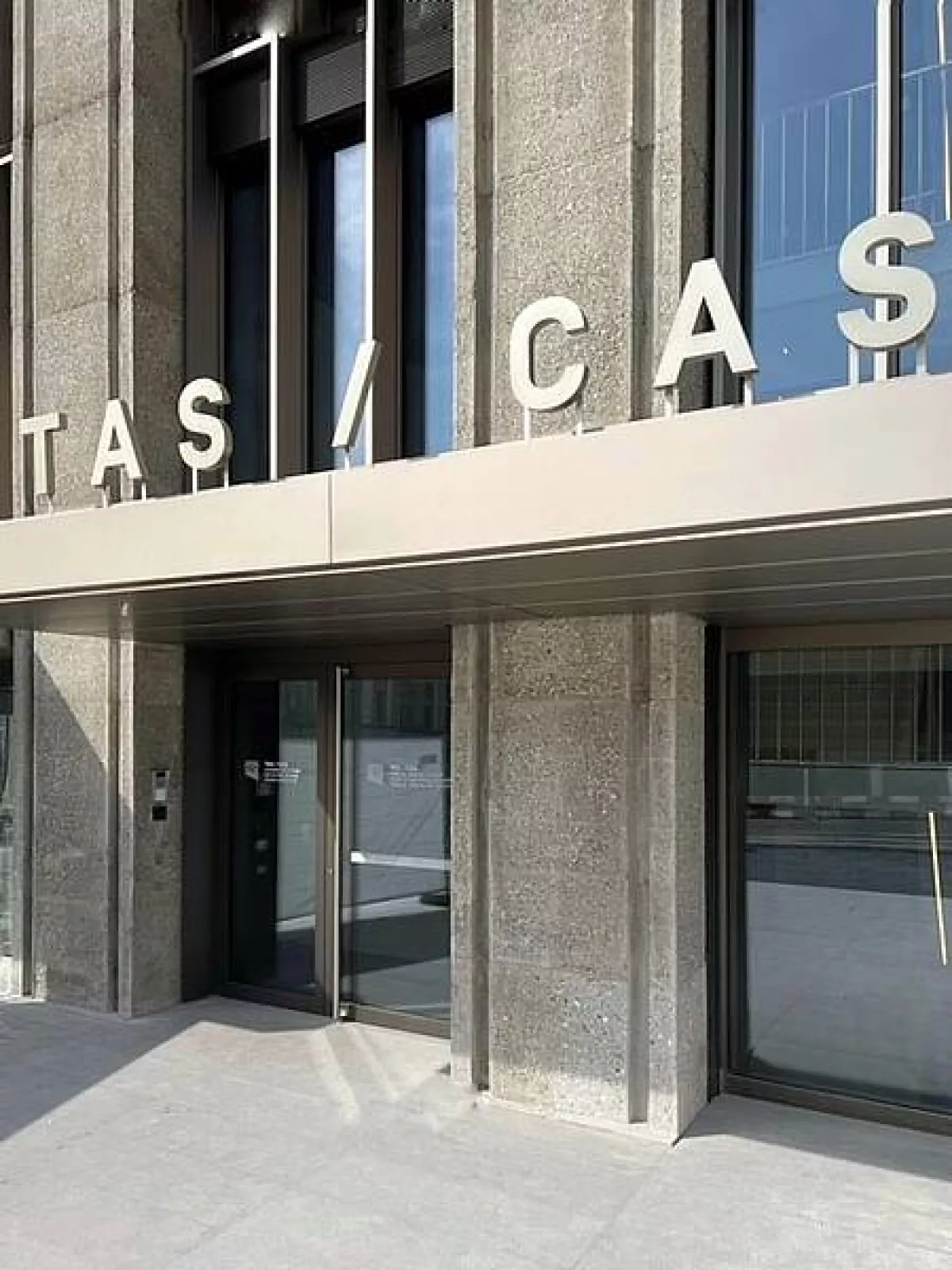The Football Arbitration Court (PSP) at the PZPN operates pursuant to Art. 1154 - 1217 of the Code of Civil Procedure, internal regulations of the Polish Football Association, in particular resolutions and in the scope of the procedure (organization of proceedings) of the Football Arbitration Court Rules of the Polish Football Association, and the language of the proceedings is Polish. The Football Arbitration Court (PSP), as a permanent arbitration court, as a rule, hears cases in the field of sports law in football in the field of:
- all disputes of a property nature,
- non-property disputes that may be the subject of a settlement, including the so-called contractual stability of players (contractual stability),
- complaints against final decisions of the Appeals Committee for PZPN Club Licenses on the refusal to grant, suspension or deprivation of licenses arising from the practice, organization, dissemination and development of the sport of football, the resolution of which in the course of arbitration proceedings is provided for by the statutes or regulations of FIFA, UEFA and PZPN.
This means that PSP recognizes, among others, cases involving such disputes in the field of sports law in football, such as claims of players regarding the creation, establishment, existence, validity, performance and termination of a contract for professional football, other non-property claims regarding ensuring contractual stability (contractual stability) and the solidarity mechanism (solidarity contribution), as well as claims for property rights pursued jointly with them. PSP recognizes disputes on the basis of the obligation of PZPN members, players, players, trainers and coaches, as well as transaction intermediaries (footballers' agents) to conclude civil law contracts, arbitration clauses regarding the settlement of disputes regarding the organization, dissemination and practice of the sport of football, providing that the only competent entity: Football Arbitration Court (PSP) at the PZPN. The jurisdiction of the Football Arbitration Court at the PZPN has been specified in § 4 of the Rules of the Football Arbitration Court of the PZPN and indicates that the PSP is competent to hear cases:
-
civil law property relations existing between players, clubs, sports associations and other sports organizations and individuals, including derivatives to membership, licensing and other qualification relationships entities to compete in the sport of football,
-
determining the amount of the equivalent for the training or promotion of the player in connection with the change of club affiliation (definite or temporary - transfer of the player), disputes regarding the creation, establishment, validity, performance or termination of professional or amateur contracts of football players,
-
sponsorship, management and transaction intermediary agreements in the sport of football,
-
contracts between organizers of football events and their partners specialized in the sale of television, advertising and promotional rights,
-
any other agreements concluded and implemented in connection with the organization and conduct of football competitions,
-
contracts with technical sponsors concluded in connection with practicing football,
-
contracts for specific work, mandate or services under Art. 750 of the Civil Code concluded with football coaches and instructors and other entities of the sports movement, including coaches running their own business (professional football coaching contracts), insurance in the sport of football,
-
request to determine the existence or non-existence of a legal relationship or right.
The Football Arbitration Court performs its basic function, in particular, by issuing arbitration awards in property and non-property cases that can be settled, submitted to it for consideration on the basis of an arbitration clause (arbitration agreement). Notwithstanding the above, it may consider complaints against final decisions in licensing disputes referred to in § 4 section 1 of the PSP PZPN Regulations. It should be mentioned that in the case of disputes to which a foreign player is a party, i.e. not a member of PZPN, PSP PZPN may be the competent arbitration court to hear his case, but such a player has the de facto right to choose between the Polish PSP PZPN and the Football Tribunal FIFA. This is important because it determines whether the case will be heard on the basis of Polish law and PZPN regulations, or on the basis of Swiss law and directly FIFA regulations.
Judgments issued by the PSP nature of a PSP judgment or order. Upon the judgment rendered, the parties pursuant to § 93 et seq. of the Regulations of the PSP PZPN, has the right to submit an application for reconsideration of the case. The application for reconsideration of the case is an appeal measure. The decision issued as a result of the re-examination of the case is final and enforceable in the manner specified in § 106 et seq. of the PSP PZPN Regulations.
It should also be pointed out that, unlike in the case of decisions by, among others, CAS or the FIFA Football Tribunal, PSP decisions are not published.


 Wstecz
Wstecz 



